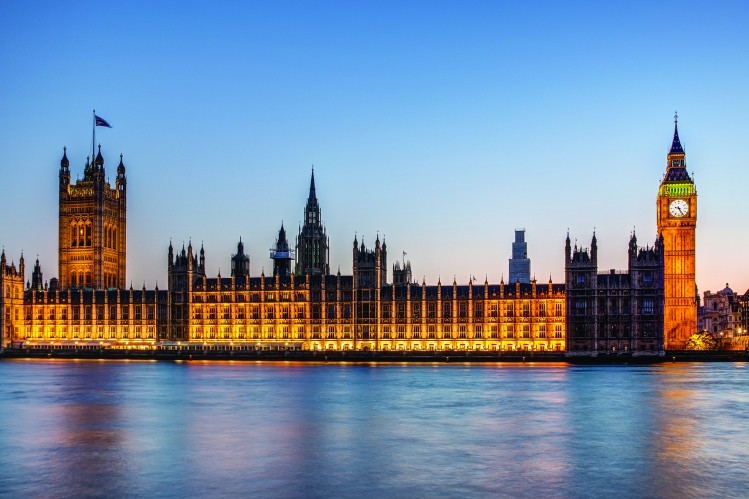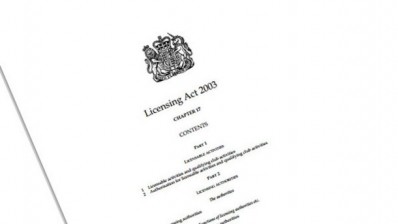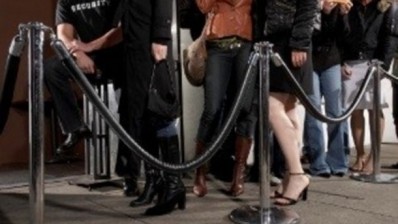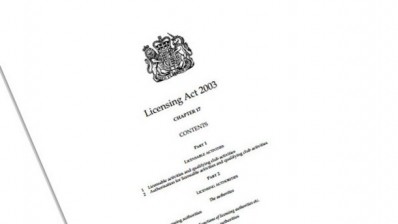Lords’ licencing recommendations prompt industry caution

The news follows the publication of proposed new licensing regulations set out by the House of Lords committee as part of its inquiry into the 2003 Licensing Act.
Groups including the BBPA, ALMR and WSTA have all welcomed the Lord’s views on issues such as the Late Night Levy, EMROs, and the licensing of airport pubs and bars.
However, they have also urged caution in approaching other proposals such as minimum pricing, new restrictions and locally set fees. The Wine and Spirit Trade Association went further suggesting a major overhaul of licencing laws was “not sensible” because it would add additional costs and red tape.
But in general, BBPA chief executive Brigid Simmonds said: “I very much welcome the committee’s statement that ‘pubs, clubs and live music venues are a vital part of our cultural identity’.
“Any decline in our cities’ world-famous night life ought to be prevented and the businesses supported. I also welcome the committee's opposition to making public health a licencing objective. The licensing process wasn't designed for such a broad purpose, and should instead focus on individual venues.”
Set licensing fees locally
But on local licensing fees, Simmonds said: “This would be a concern, as there would be a temptation for local councils to ‘gold plate’ their own licencing regimes at the expense of small local businesses.
“We would need a national cap on fees, and we would also certainly need a level playing field for on-trade and off-trade retailers.
“Large on-trade retailers in the higher fee band often have to pay a supplement to their licensing fees, but larger off-trade retailers do not. The system could work more fairly, to reflect the increasing share of alcohol sales in the off trade.”
Scrutinise ‘potentially positive’ recommendations
ALMR chief executive Kate Nicholls urged caution in approaching other “potentially positive” recommendations. “The Lords Committee has gained an accurate insight into the flaws of local committees and the analysis of the problem, but some of the recommendations need further consideration,” she said.
“Licensing is the very cornerstone of licensed operators’ business viability, and should appropriately be accorded a quasi-judicial status.”
A quasi-judicial body is an entity such as an arbitrator or tribunal board, generally of a public administrative agency, which has powers and procedures resembling those of a court of law.
She continued: “Licensing and planning are very separate issues, albeit both crucial to operators, and should be treated separately. Without standardisation and more detailed regulation of hearings, we would be better off handing these matters back to magistrates.
Nicholls said that businesses currently bear the brunt of a quasi-judicial process, which “all too often doesn’t deliver on the standards that committed businesses deserve in return for the investment, efforts, jobs and social benefit that pubs and restaurants provide”.
Nicholls also said that further recommendations on reforming licensing fees would need to be carefully considered before any implementation, to ensure that operators and investors are provided with “certainty and consistency” with regard to cost variations.
“While locally set fees could work, there would need to be a national framework to provide consistency, fairness and transparency, she said.
Major overhaul ‘not sensible’
Commenting on the report chief executive of the Wine and Spirit Trade Association Miles Beale said: “There are some recommendations in the committee’s report that the WSTA can welcome, for example around the simplification of the licensing process, scrapping the late-night levy and rejecting calls for further licensing objectives.
“However the recommendation of a major overhaul including a series of new licensing regulations, that would add significant burdens and costs to retailers, is not sensible.”
He said this was particularly the case after so many incremental changes had already been made to the act, adding that it would come at a time when businesses are “already dealing with inflation busting rises in wine and spirits duty, the costly revaluation of business rates and the uncertainty of Brexit”.
Beale added: “Specific recommendations around minimum pricing, a swath of new licensing restrictions and locally set fees would result in a significant additional cost to retailers and make the licensing system even more complex. In that regard the negative impact of these changes would far outweigh any benefit the small number of positive changes would bring.”
Additional taxation
Tim Page, CAMRA’s Chief Executive, added: "CAMRA supports the committee's conclusion that health and well-being should not be added as an additional licensing objective. The addition of health and well-being as a new licensing objective could have resulted in onerous conditions being imposed on local pubs. We also welcome the committee's recommendations that the late-night levy should be scrapped in favour of local partnership schemes and that councils should not be given the powers to introduce area-wide bans on high-strength alcohol, which unfairly restrict consumer choice and limit the sale of speciality beers."
"We are disappointed that the committee has floated the idea of additional taxation, particularly at this time when consumers are being hit hard by price increases, and by the suggestion that licensing fees could be set locally - which will result in anomalies and inequality. Around one third of a price of a pub pint is made up of one tax or another. This high level of taxation contributes to the loss of local pubs and CAMRA will campaign against proposals to increase this tax burden yet further."






